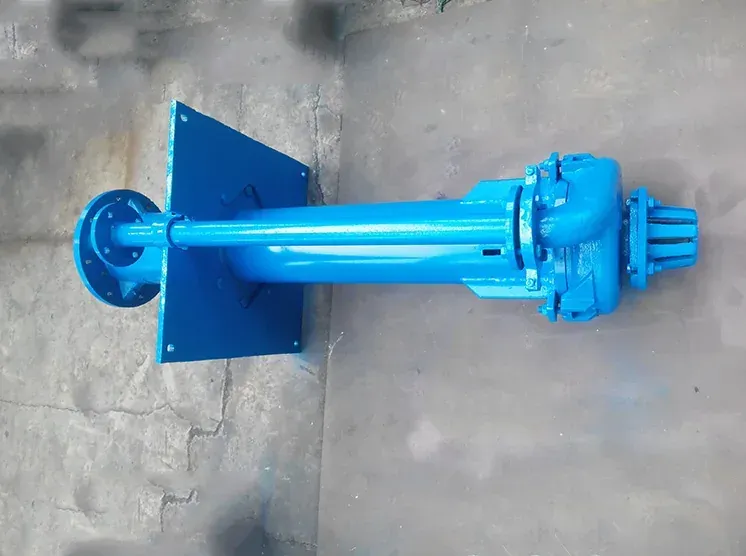Serbian
- Afrikaans
- Albanian
- Amharic
- Arabic
- Armenian
- Azerbaijani
- Basque
- Belarusian
- Bengali
- Bosnian
- Bulgarian
- Catalan
- Cebuano
- Corsican
- Croatian
- Czech
- Danish
- Dutch
- English
- Esperanto
- Estonian
- Finnish
- French
- Frisian
- Galician
- Georgian
- German
- Greek
- Gujarati
- Haitian Creole
- hausa
- hawaiian
- Hebrew
- Hindi
- Miao
- Hungarian
- Icelandic
- igbo
- Indonesian
- irish
- Italian
- Japanese
- Javanese
- Kannada
- kazakh
- Khmer
- Rwandese
- Korean
- Kurdish
- Kyrgyz
- Lao
- Latin
- Latvian
- Lithuanian
- Luxembourgish
- Macedonian
- Malgashi
- Malay
- Malayalam
- Maltese
- Maori
- Marathi
- Mongolian
- Myanmar
- Nepali
- Norwegian
- Norwegian
- Occitan
- Pashto
- Persian
- Polish
- Portuguese
- Punjabi
- Romanian
- Russian
- Samoan
- Scottish Gaelic
- Serbian
- Sesotho
- Shona
- Sindhi
- Sinhala
- Slovak
- Slovenian
- Somali
- Spanish
- Sundanese
- Swahili
- Swedish
- Tagalog
- Tajik
- Tamil
- Tatar
- Telugu
- Thai
- Turkish
- Turkmen
- Ukrainian
- Urdu
- Uighur
- Uzbek
- Vietnamese
- Welsh
- Bantu
- Yiddish
- Yoruba
- Zulu
Telephone: +86 13120555503
Email: frank@cypump.com
дец . 05, 2024 15:55 Back to list
split casing pump
Understanding Split Casing Pumps
Split casing pumps are a prevalent technology in various industrial applications, known for their robust design and operational efficiency. These pumps are specifically engineered to handle large volumes of fluids, making them ideal for water supply, wastewater management, and industrial processes. Their unique structure and operational characteristics distinguish them from other types of pumps, providing significant advantages in specific applications.
What is a Split Casing Pump?
A split casing pump, as the name suggests, features a casing that is divided into two halves. This design allows for easier access to internal components, facilitating maintenance and repair. The pump consists of an impeller, which is responsible for moving the fluid, and the casing that contains the impeller while also forming the fluid path. This type of pump is typically a centrifugal pump, meaning it utilizes rotational energy imparted by the impeller to increase the velocity of the fluid.
Advantages of Split Casing Pumps
1. Ease of Maintenance One of the primary benefits of split casing pumps is their accessible design. The split casing allows operators to open the pump without removing it from its installation, simplifying maintenance and reducing downtime. This feature is particularly valuable in applications where continuous operation is crucial.
2. High Efficiency Split casing pumps are designed to operate efficiently over a range of flow rates and pressures. They can handle large volumes of fluid, making them suitable for applications that require high flow rates without sacrificing efficiency.
3. Durability The robust construction of split casing pumps allows them to withstand harsh operating conditions. They are often made of high-quality materials that resist corrosion and wear, ensuring a long operational life even in demanding environments.
4. Versatility These pumps can be used for various fluids, including clean water, contaminated water, and industrial liquids. Their versatility makes them suitable for municipal water supply, irrigation, heating and cooling systems, and even in chemical processing.
split casing pump

5. Low Vibration and Noise Levels Due to their balanced design and construction, split casing pumps typically produce lower vibration and noise levels compared to other pump types. This characteristic is advantageous for installations in noise-sensitive environments.
Applications of Split Casing Pumps
Split casing pumps find applications across numerous industries. In water supply systems, they are used to transport potable water from treatment plants to distribution networks. In wastewater treatment facilities, these pumps move wastewater through different treatment processes.
Furthermore, split casing pumps are commonly utilized in irrigation systems, providing the necessary water flow to agricultural lands. In industrial settings, they are employed in cooling systems, where large volumes of water are circulated through heat exchangers.
Installation Considerations
When installing a split casing pump, several factors must be taken into account to ensure optimal performance. Proper alignment during installation is crucial to minimize wear on the bearings and impeller. Additionally, the installation must account for the pump’s suction and discharge piping to maintain efficient flow and prevent cavitation.
Conclusion
In summary, split casing pumps are a vital technology across a range of industries, offering significant advantages in terms of efficiency, durability, and ease of maintenance. Their unique design not only facilitates easy access for repairs but also helps maintain operational efficiency, making them a preferred choice for high-capacity applications. As industries continue to evolve and demand more reliable fluid transportation solutions, the importance of split casing pumps will undoubtedly grow, solidifying their role in modern engineering and infrastructure development. Whether in managing water resources or supporting industrial processes, split casing pumps remain an integral component of effective fluid management systems.
-
pipeline pump - Chi Yuan Pumps Co., LTD.|High Efficiency&Low Noise
NewsJul.31,2025
-
ISG Series Vertical Pipeline Pump - Chi Yuan Pumps Co., LTD.|High Efficiency, Energy Saving, Low Noise
NewsJul.30,2025
-
ISG Series Vertical Pipeline Pump- Chi Yuan Pumps|High Efficiency&Low Noise
NewsJul.30,2025
-
ISG Series Vertical Pipeline Pump-Chi Yuan Pumps Co., LTD.|High Efficiency&Energy Conservation
NewsJul.30,2025
-
ISG Series Vertical Pipeline Pump - Chi Yuan Pumps Co., LTD.|Advanced Hydraulic Design&Energy-Efficient Solutions
NewsJul.30,2025
-
ISG Series Vertical Pipeline Pump - Chi Yuan Pumps Co., LTD.
NewsJul.30,2025










